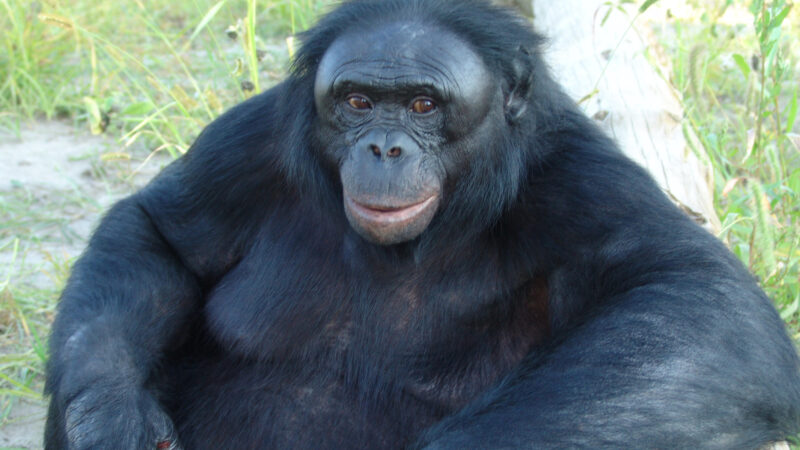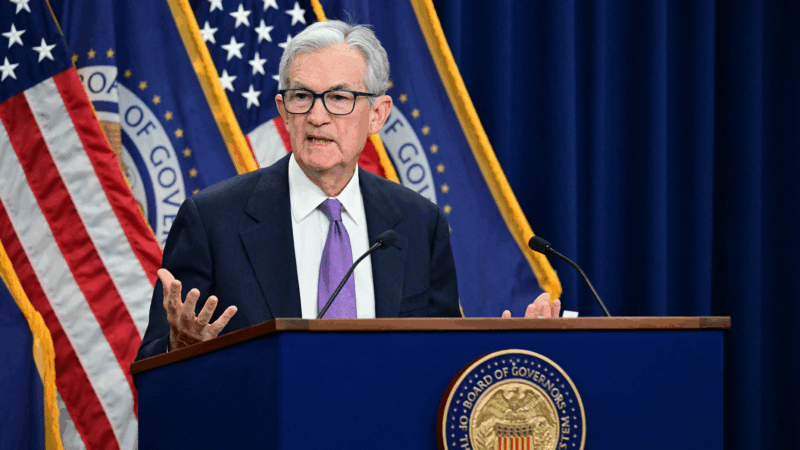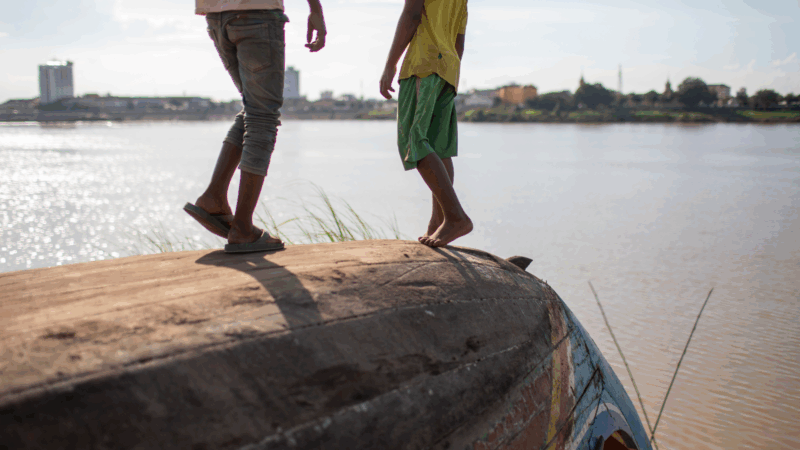Corporation for Public Broadcasting says it’s shutting down
The Corporation for Public Broadcasting, the conduit for federal funds to NPR and PBS, announced on Friday that it is beginning to wind down its operations given President Trump has signed a law clawing back $1.1 billion in funding for public broadcasting through fiscal year 2027.
The announcement follows a largely party-line vote last month that approved the cuts to public broadcasting as part of a $9 billion rescissions package requested by the White House that also included cuts to foreign aid. While public media officials had held a glimmer of hope that lawmakers would restore some of the money for the following budget year, the Senate Appropriations Committee declined to do that on Thursday.
“Despite the extraordinary efforts of millions of Americans who called, wrote, and petitioned Congress to preserve federal funding for CPB, we now face the difficult reality of closing our operations,” CPB President and CEO Patricia Harrison said in a statement. “CPB remains committed to fulfilling responsibilities and supporting our partners through this transition with transparency and care.”
“Public media has been one of the most trusted institutions in American life, providing educational opportunity, emergency alerts, civil discourse, and cultural connection to every corner of the country,” Harrison said.
CPB informed employees that the majority of staff positions will be eliminated with the close of the fiscal year on September 30, 2025. It said a small team would remain until January to “focus on compliance, fiscal distributions, and resolution of long-term financial obligations including ensuring continuity for music rights and royalties that remain essential to the public media system,” according to the CPB statement.
Harrison noted that it was the first time in nearly 60 years that Congress had refused to fund CPB. The private nonprofit corporation was set up to channel federal money to public media stations nationwide, both for programming and emergency alert systems.
Shock and sadness reverberated through the public media system Friday.
“I didn’t really see a day where this separate institution, which is set up to serve the public, would be shut down,” said Tim Bruno, general manager of Radio Catskill, an NPR member station. “I don’t know what stage of grief I’m in right now.”
President Trump and his allies in Congress have argued that public media — especially NPR — is unfair to conservatives and a waste of taxpayer money. NPR, which produces news programs such as Morning Edition and All Things Considered, relies on direct federal funds for only a small portion of its budget. But its approximately 1,000 member stations receive a heftier portion of their operating revenue through CPB. Those in rural and poor areas in particular rely on CPB grants. With its nightly PBS News Hour and children’s programming, such as Daniel Tiger’s Neighborhood, PBS gets around 15% of its revenue from federal money, as do its member stations on average.
“The ripple effects of this closure will be felt across every public media organization and, more importantly, in every community across the country that relies on public broadcasting,” NPR President and CEO Katherine Maher said in a statement.
She said NPR would respond by “stepping up to support locally owned, nonprofit public radio stations and local journalism across the country, working to maintain public media’s promise of universal service, and upholding the highest standards for independent journalism and cultural programming in service of our nation.” The network has pledged to take $8 million from its budget to help local stations in crisis.
While Republicans in Washington have accused public media of bias, most Americans still support public broadcasting. A Harris Poll last month found that 66% of Americans support federal funding for public radio, with the same share calling it a good value. Support included 58% of Republicans and 77% of Democrats. The online poll surveyed 2,089 U.S. adults with a 2.5 percentage point margin of error.
Disclosure: This story was reported and written by NPR Correspondents Scott Neuman and Frank Langfitt with contributions by NPR Correspondent David Folkenflik. It was edited by Deputy Business Editor Emily Kopp and Managing Editor Vickie Walton-James. Under NPR’s protocol for reporting on itself, no NPR corporate official or news executive reviewed this story before it was posted publicly.
Judge rules 7-foot center Charles Bediako is no longer eligible to play for Alabama
Bediako was playing under a temporary restraining order that allowed the former NBA G League player to join Alabama in the middle of the season despite questions regarding his collegiate eligibility.
American Ben Ogden wins silver, breaking 50 year medal drought for U.S. men’s cross-country skiing
Ben Ogden of Vermont skied powerfully, finishing just behind Johannes Hoesflot Klaebo of Norway. It was the first Olympic medal for a U.S. men's cross-country skier since 1976.
An ape, a tea party — and the ability to imagine
The ability to imagine — to play pretend — has long been thought to be unique to humans. A new study suggests one of our closest living relatives can do it too.
How much power does the Fed chair really have?
On paper, the Fed chair is just one vote among many. In practice, the job carries far more influence. We analyze what gives the Fed chair power.
‘Please inform your friends’: The quest to make weather warnings universal
People in poor countries often get little or no warning about floods, storms and other deadly weather. Local efforts are changing that, and saving lives.
In a world built for sitting, here’s how to stay active — even when stuck inside
In the office, classroom and living room, working and relaxing mean sitting still. Our bodies evolved without chairs. Here are some tips for getting out of your seat and moving — even on cold days.








